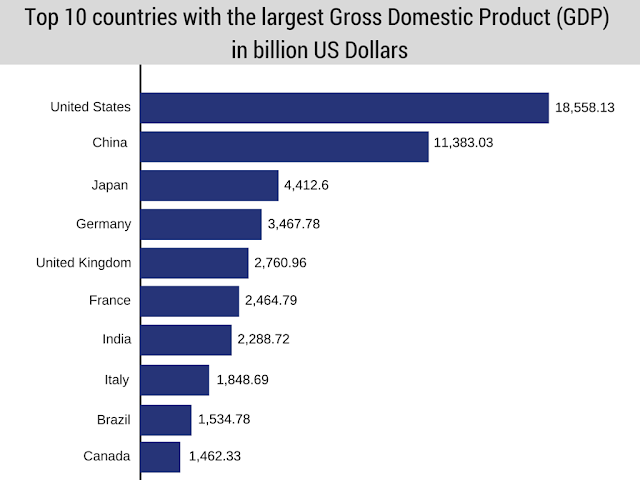Work Smarter, Not Longer
Do you complain about not spending enough time with your family because you've been working extra long hours at work? But does working more hours mean more productivity? Think again!
With the advent of work mobiles, work emails and documents have been accessible to employees anywhere with just a click of an internet connection. This practice has, consequently, blurred the fine line between working hours and personal time.
North America is infamously known for traumatic long working hours. The fact is, people in North America don't work as much as people in some other countries do. The following data explains clearly who works overtime.
 |
| OECD - The Organisation for Economic Co- |
 |
| Data Source: www.statista.com |
Reasons why people work long hours
- Unmanageable Workload: When you have so much to do to meet the deadline. Either you are unorganized or your boss is. It is better to set the priorities ahead so as to finish your work at regular intervals rather than accumulating it near the deadline.
- Work culture: You are probably working at a place where nobody wants to leave at 5 first to look bad. Everyone waits for someone else to leave first so that they can't be judged by the boss as bad employees. Your boss might want to see you the one who always puts in extra efforts in work and the one who does not look forward to go home as soon as the clock strikes 5.
- Workaholic syndrome: Some people like to stay late at work because they love their job and would like to spend some extra time at work. If you are generating more work for yourself just to stay late which doesn't really need to be done, you are not a hard working person but a workaholic.
Risks involved in working hours
- If you somehow managed to finish your task on time by putting in extra long hours, you may be asked again to do so. The deadline may be tighter next time because your employer knows that you'll do your best to meet it.
- You may be a slacker in your regular work hours because you know that you'll catch up in the extra working hours. If you prioritize your work and be efficient in your regular working hours, you may not need to stay late and work more.
- Constantly working for extra long hours may result in fatigue which eventually causes irritability, sleeplessness/sleepiness, poor concentration and increased susceptibility to illness. Extra hours of work will burn you out and it will backfire your productivity. Also, sitting in the same posture for hours at work may affect body's muscles, joints, ligaments, tendons and nerves which can cause musculoskeletal disorders (MSDs).
- According to a study done by Ohio state university, women who work longer hours for most of their career are at a higher risk of developing cancer, heart disease and other chronic diseases. On the other hand, men are more likely to get arthritis but no chronic disease. Women tend to share other family responsibilities and they likely to take more stress than men.
- It is very difficult to maintain a healthy social life when you work long hours at work. Extended work hours may reduce the quality of life by not socializing with our family and friends. So "get a life" outside of work.
A person who stays late at the office is not a hard working person. Instead he/she is a fool who does not know how to manage work within the stipulated time. He/she is inefficient and incompetent in his work. Dr. A.P.J Abdul Kalam




























6 comments
well written and thoroughly researched.Great work.
ReplyDeleteThanks Mr. Kothari.
DeleteI feel people who drift away from their task in hand spend more time at it. Give your 100% to one task at a time. Work smart and don't procrastinate is the key to success.
ReplyDeleteWell said Saru!
DeleteGreat topic indeed ! Well done!
ReplyDeleteThanks Harsha.
Delete